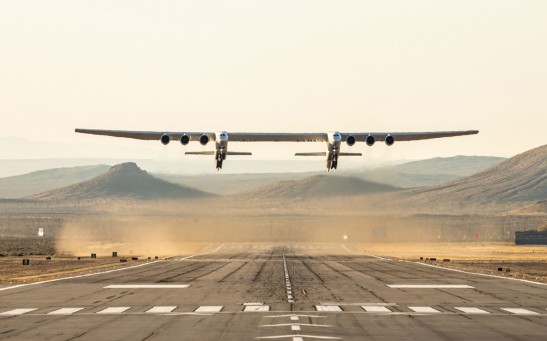TECH & INNOVATION

4 Reasons Why Electric Cars are Safer Than Gasoline- and Diesel-Powered Vehicles

Biktrix Juggernaut XD Powerful E-Bikes Packs 2,000W Motor

ERDC Partners With Multiple Universities on Graphene Research

MIT Scientists Created Shape-Shifting Cube Robots for Space Exploration Based on Electromagnetism
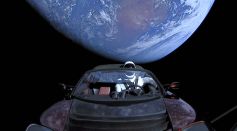
Electric Car Battery Chemical Can Work as Efficient Rocket Fuel, Study Says
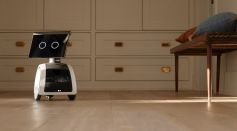
Amazon's Invite-Only Home Robot "Astro" Perform House Chores, Hold Beverages, and More!

AI Tutoring System Teaches Safe, Efficient Surgical Procedures Better Than Human Instructors
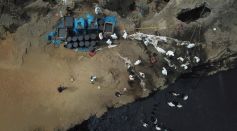
Peru Oil Spill Due to Tonga Volcanic Eruption, Other Pictures Seen From Space
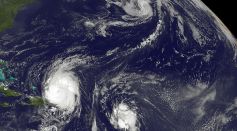
Artificial Intelligence Used in Weather Forecast: How Does This Technology Affect Human Actions?
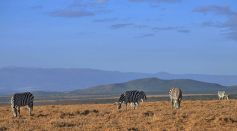
Vacation Photos of Zebras, Whales and Other Animals Can Help Scientists' Conservation Efforts, Fight Wildlife Extinction
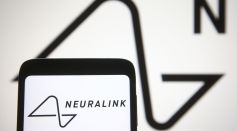
Elon Musk’s Neuralink Test Monkeys for Brain Implants Die in Lab, Denies Foul Play Allegations

First-Ever Luxury Sports Hovercraft Can Drift on Water and Land at 60mph; Available This Summer
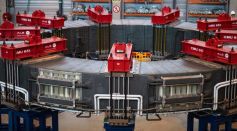
DeepMind Applies AI for EPFL Plasma Control and Nuclear Fusion Studies

New Atomic Clock Innovation Record-Breaking on Timekeeping, Loses Only One Second Per 300 Billion Years
Most Popular

NASA Reveals an Astronaut Was Medically Evacuated From the ISS for the First Time After a Non-Emergency Health Scare

How the Immune System Fights Diseases: Antibodies, Vaccines & Lasting Protection

Sun Reaches Solar Maximum: What the Intensifying 11-Year Solar Cycle Means for Earth

Why Biodiversity Matters More Than We Think: How Species, Ecosystems, and Conservation Shape Our Planet

